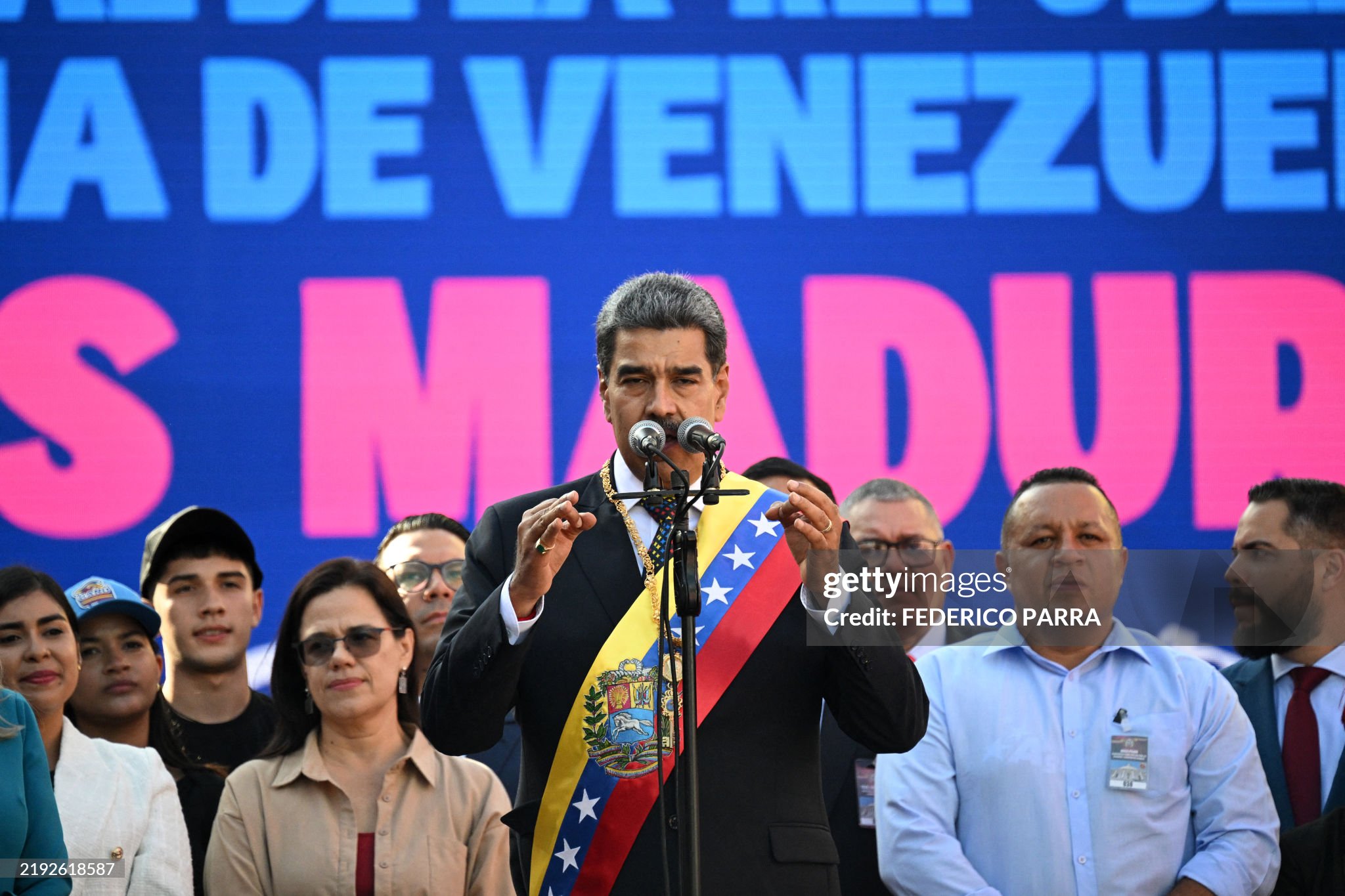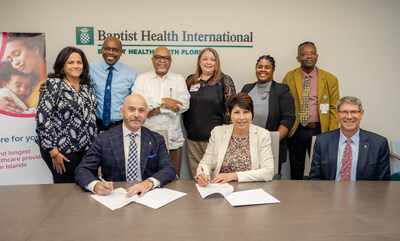Basseterre, St. Kitts, March 14, 2023 (ZIZ Newsroom)–Members of local civil society organizations gathered at the National Emergency Management Agency on Tuesday for the start of a 3-day capacity building workshop on how to access climate financing to better enable climate action.
The workshop is being facilitated by the Caribbean Natural Resources Institute (CANARI) and British-American multinational company Willis Towers Watson (WTW) with support from the Green Climate Fund (GCF) readiness project.
Senior Technical Officer and Resilience Lead at CANARI, Ainka Granderson explained the rationale behind the workshop.
Senior Technical Officer and Resilience Lead at CANARI, Ainka Granderson
She stated, “The next three days, including today, we are here to help build the capacity of NGOs and other civil society actors here in St. Kitts and Nevis, because one of the big problems that we’re seeing is that while they’re doing really great work on the ground to help do climate action, build the resilience of local communities, farmers, fisher folk, and all of those who are very vulnerable and we need to help protect them from the impacts from climate change, one of their big barriers is getting access to financing and resources that they need to be able to continue that good work or even to scale it up so they can have more impact. So, this workshop is about how they can improve access to climate finance. So that’s the funding that’s available internationally to fund climate change work.”
She also explained some of the difficulties persons can encounter when trying to access climate funds.
“So one is that the funds are actually quite complicated and not set up necessarily for NGOs to access easily and so that’s one thing that, you know, we need to maybe advocate, you know, in terms of them simplifying their processes and making it easier to access funds. Another problem in addition to, you know, complex application proposals and lots of requirements is that also there’s a lot of sort of uncertainty and lack of awareness about what the different funds do and what you need to do to be able to access the funds. So, there’s also a lack of awareness. Some of the funds, like the Green Climate Fund, which is a focus of today’s workshop, fairly new, they’ve only been around five to seven years, so people are now kind of figuring. I know what the fund is about, what they fund, you know how to access it, why they should be accessing it, etc. So, that’s one of the reasons we have a new workshop.”
Ms. Granderson outlined some of the activities that will be held during the workshop.
“One of the first objectives of this workshop is to help them actually develop a project concept note, which is the first step to actually submitting a full funding proposal to these climate funds. So that’s one of the key objectives. The other one is to help them better understand the requirements that go along with that submission, including integrating gender, so thinking about how women, men, boys, and girls are differently impacted by climate change and how their project is going to help address those problems, but not make them any worse. So that’s one of the things they have to consider. And the other one is thinking about environmental and social risks and impacts, and making sure that you’re actually addressing those as well in the design of your project that you’re proposing.”
The workshop entitled “Strengthening Civil Society’s Access to Climate Finance in St. Kitts and Nevis” will wrap up on Thursday, March 16th.

















%20(2)%20(1).jpg)


Discussion about this post